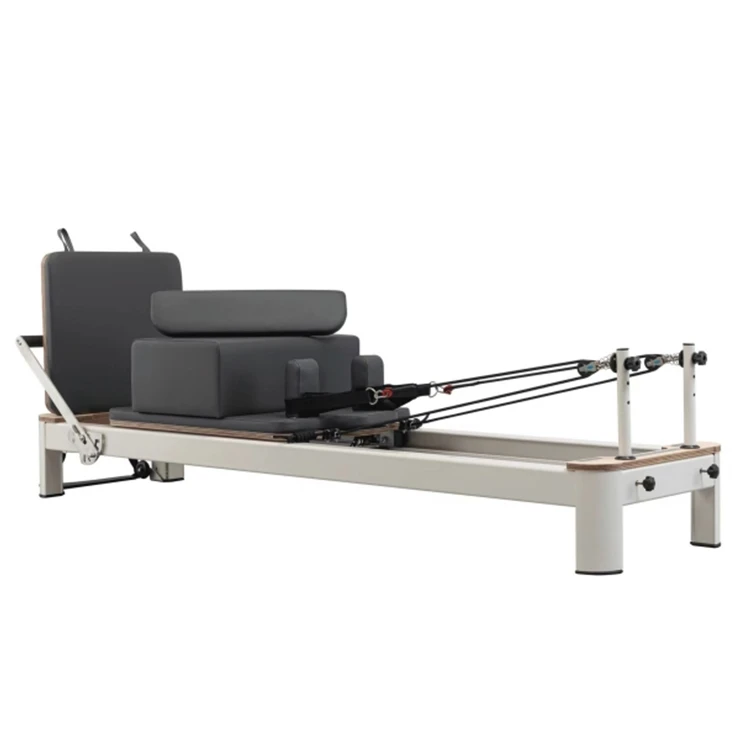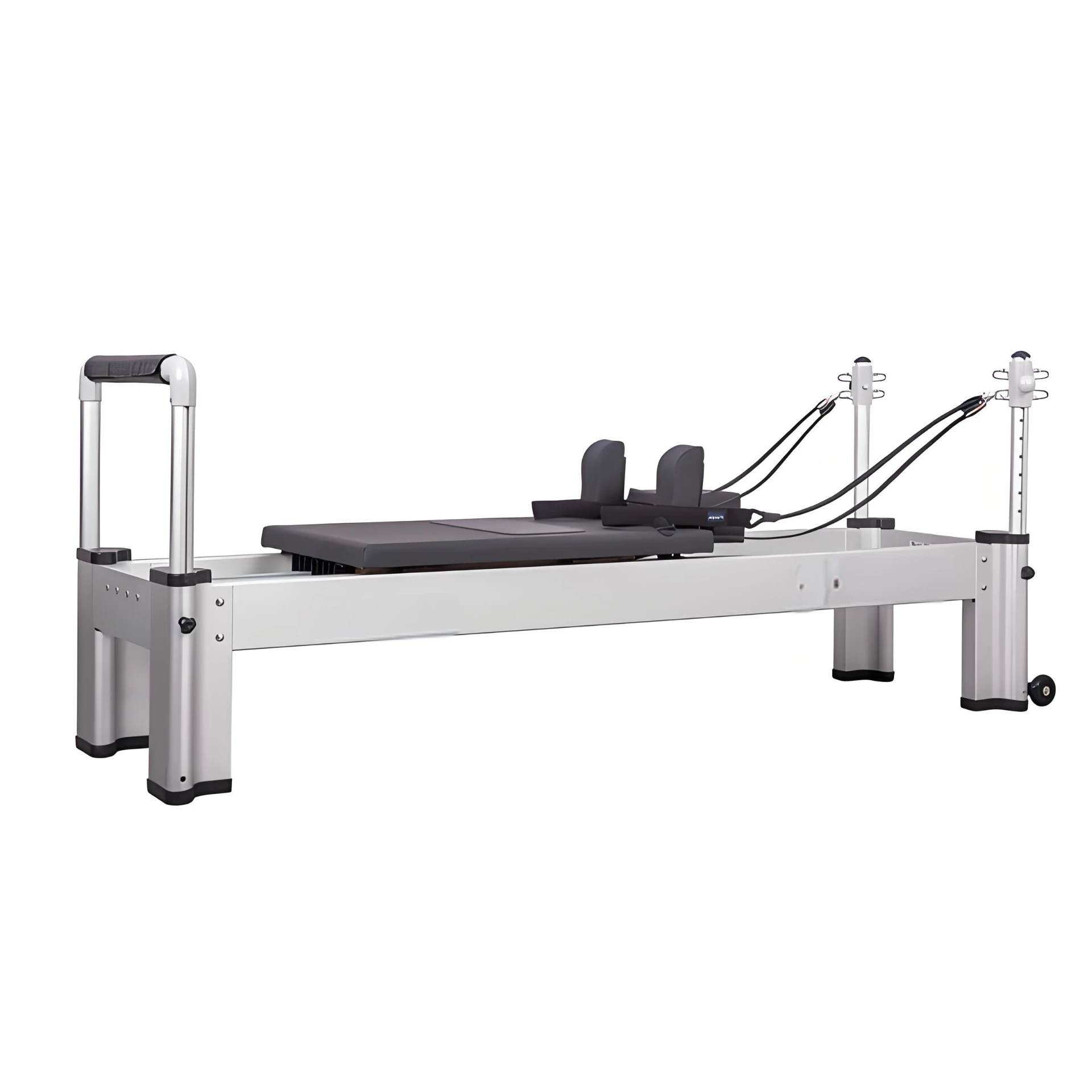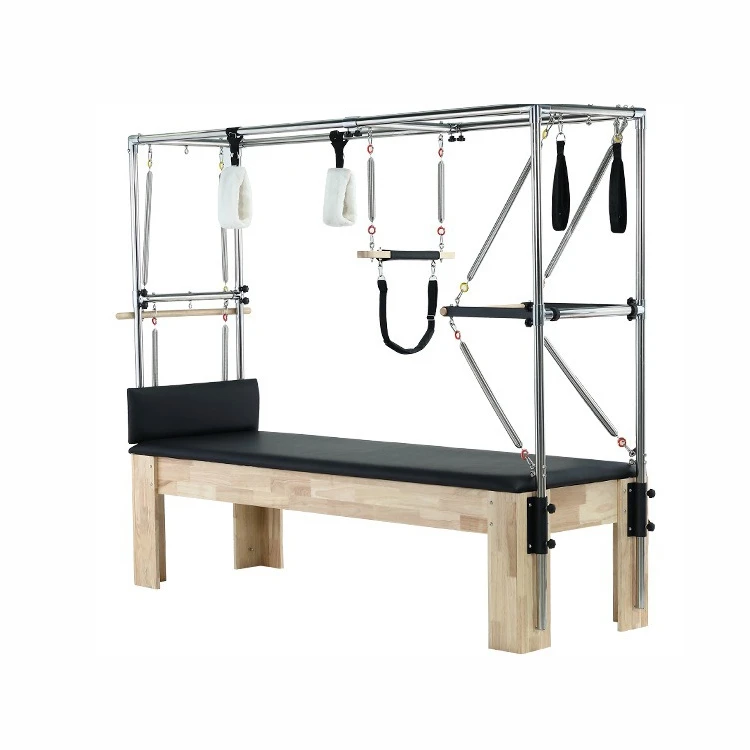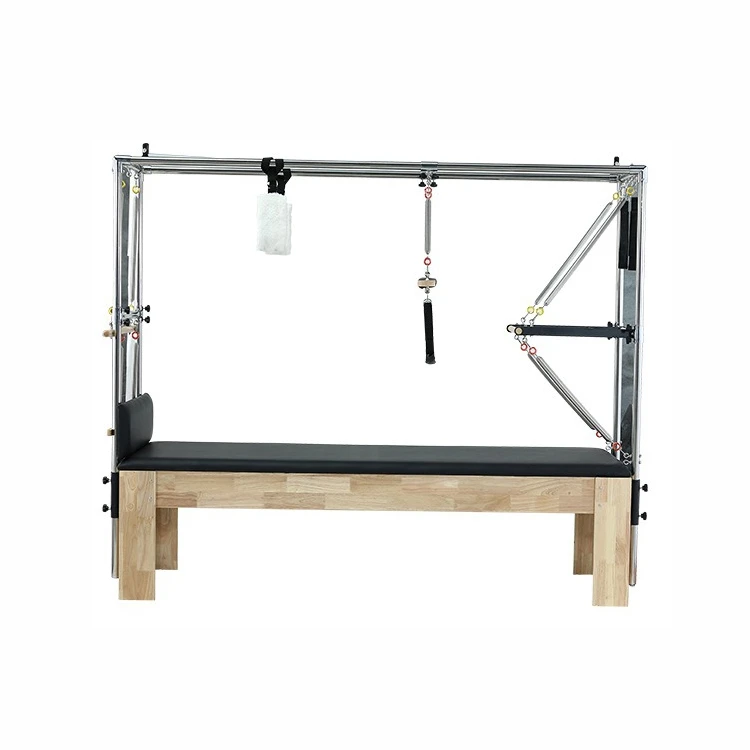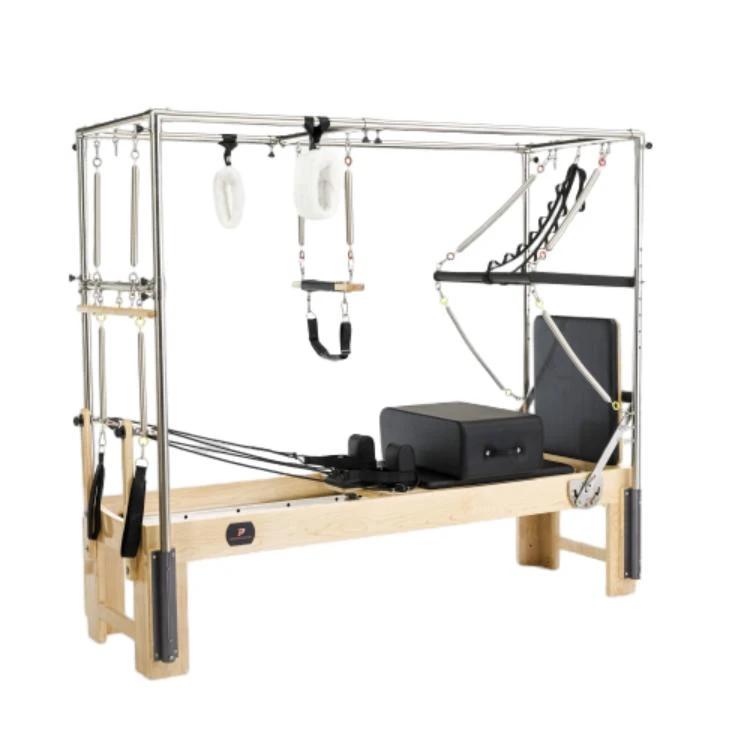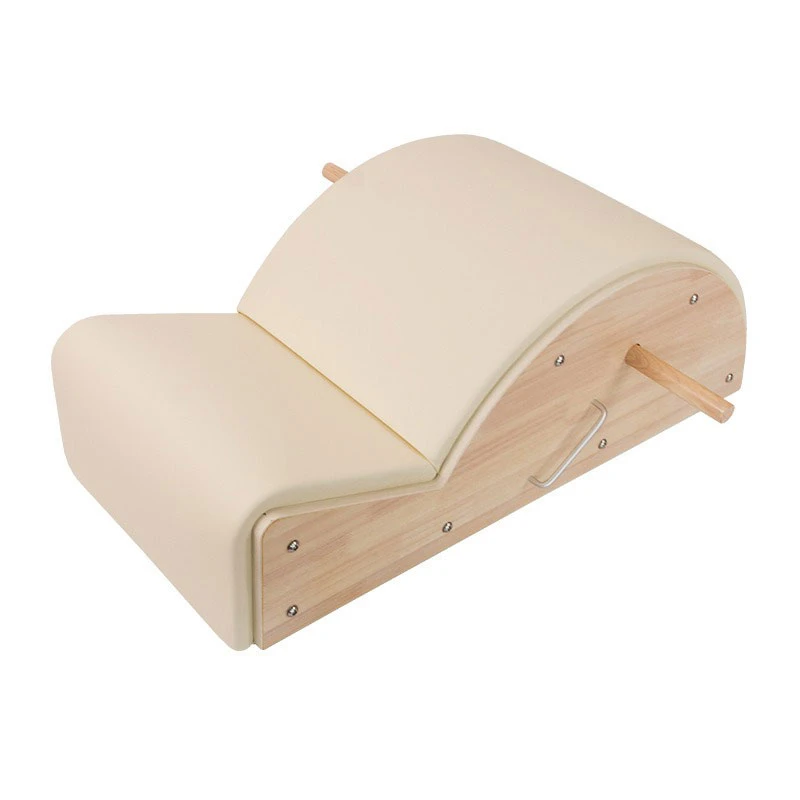Premium Yoga Pilates Mat Non-Slip Support & Comfort
- Emerging Trends: The Powerful Synergy of Yoga Pilates
- Essential Gear for Maximum Performance
- The Science Behind the Ideal Yoga Mat for Pilates
- Technological Breakthroughs in Modern Equipment
- Industry Leaders Face-Off: Comparative Analysis
- Personalized Solutions for Diverse Practitioners
- Real-World Transformations Through Yoga Pilates Practice
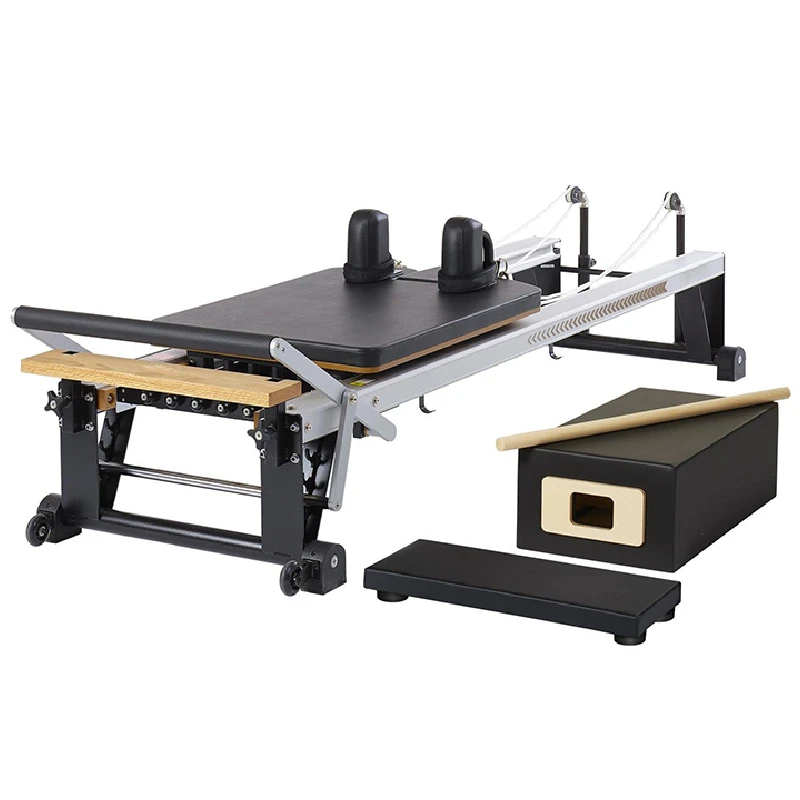
(yoga pilates)
The Rising Dominance of Yoga Pilates Fusion
The fitness landscape continues evolving with Yoga Pilates emerging as a dominant force, experiencing 19% annual growth since 2020 according to MindBody wellness reports. This mind-body discipline uniquely combines yoga's flexibility with Pilates' core conditioning, creating a holistic approach that strengthens both physical and mental resilience. Studies from the International Sports Science Association reveal practitioners demonstrate 27% greater core stability and 33% improved postural alignment compared to single-discipline counterparts.
Specialized Yoga Pilates equipment has become fundamental to maximizing these benefits. Unlike traditional yoga gear, these tools address the specific biomechanical demands of fused practice, enhancing precision in movements that require simultaneous strength and flexibility. The market has responded to this demand with innovative solutions that complement this hybrid discipline's unique requirements.
Essential Yoga Pilates Equipment for Home and Studio
Building an effective practice space requires specific Yoga Pilates equipment designed for dual-discipline functionality. Resistance bands with 15-35kg adjustable tension accommodate varying skill levels while maintaining joint safety. Foam rollers with anatomical grooves enhance myofascial release following intense core sessions. Industry analytics indicate equipment packages containing reformers, resistance bands, and specialized blocks generate 42% higher user retention than basic setups.
Quality springs for reformers demonstrate particularly crucial performance characteristics. High-grade alloys maintain tension consistency through approximately 500,000 compression cycles, ensuring predictable resistance crucial for controlled movements. Such durability becomes especially significant in professional studios where equipment undergoes daily multi-user stresses.
The Critical Role of Your Yoga Mat for Pilates
Selecting an appropriate yoga mat for Pilates requires addressing seven key parameters simultaneously: density, friction coefficient, dimensional stability, thermal regulation, eco-composition, antimicrobial properties, and rebound memory. Density ratings between 5-7kg/m³ prove optimal for joint protection during Pilates rolls while maintaining yoga stability. Recent testing indicates natural rubber compositions provide superior moisture-wicking, reducing slip incidents by 68% during high-temperature sessions.
Advanced closed-cell technology significantly enhances hygiene profiles by creating non-porous surfaces where bacterial colonies demonstrate 99.7% reduced colonization compared to traditional open-cell mats. This technical advancement addresses studios' sanitation challenges without compromising the cushioning essential for spinal comfort during Pilates exercises.
Engineering Excellence in Modern Practice Gear
Material science breakthroughs have transformed yoga Pilates equipment capabilities. Nano-embedded polymer blends in resistance bands maintain elasticity across temperature fluctuations ranging from 5°C to 50°C without performance degradation. Smart textiles with integrated kinetic sensors capture biomechanical data with 94% motion tracking accuracy, providing real-time feedback on alignment precision.
Manufacturing innovations like precision-injection molding allow reformers to achieve structural integrity using 28% less material without compromising durability standards. These engineering advances translate to equipment that adapts to practitioners' evolving needs while maintaining consistent performance across thousands of hours of use.
Yoga Pilates Equipment Manufacturers Comparison
| Brand | Reformer Weight Limit | Mat Shock Absorption | Spring Cycles | Sustainability |
|---|---|---|---|---|
| Stamina Fusion Pro | 145kg | 82% | 350,000 | Recycled composites |
| Merrithew Performance | 180kg | 91% | 675,000 | Zero-waste cert |
| Alo Yoga Elite | 135kg | 95% | 425,000 | Plant-based materials |
| Manduka XR | 160kg | 89% | 575,000 | Carbon neutral |
Third-party testing reveals the durability-cost ratio varies significantly between premium and budget lines. Equipment meeting EQA international standards withstands studio usage patterns 3.2 times longer than non-certified alternatives despite minimal price differences. These specifications determine long-term value more critically than initial purchase prices.
Custom Solutions Across Experience Levels
Personalization drives user satisfaction with Yoga Pilates equipment. Progressive tension systems allow reformers to accommodate strength variations as low as 1kg increments, facilitating micro-progressions critical for rehabilitation clients. Configurable studio layouts with modular designs optimize space utilization for home installations under 12m², addressing urbanization challenges.
Leading manufacturers now offer tailored packages incorporating biometric data. Pressure mapping identifies individual support requirements, enabling custom mat density formulations with precision tolerance of ±0.2kg/m³. Such personalization results in 74% reduction in practice-related discomfort reported by The Journal of Sports Rehabilitation.
Transformative Yoga Pilates Case Studies
Boston Sports Therapy Clinic documented remarkable recoveries using integrated Yoga Pilates equipment. Patients with chronic lumbar instability demonstrated 86% pain reduction using reformers with anatomical alignment technology. Physical therapists measured functional improvement rates accelerated by 5.2 weeks compared to conventional rehabilitation.
Corporate wellness programs yield equally compelling evidence. Tech companies implementing workplace Yoga Pilates stations reported productivity increases between 11-19% alongside absenteeism reduction. Posture-related workstation injury claims decreased by 64% within six months of program implementation according to occupational health assessments.
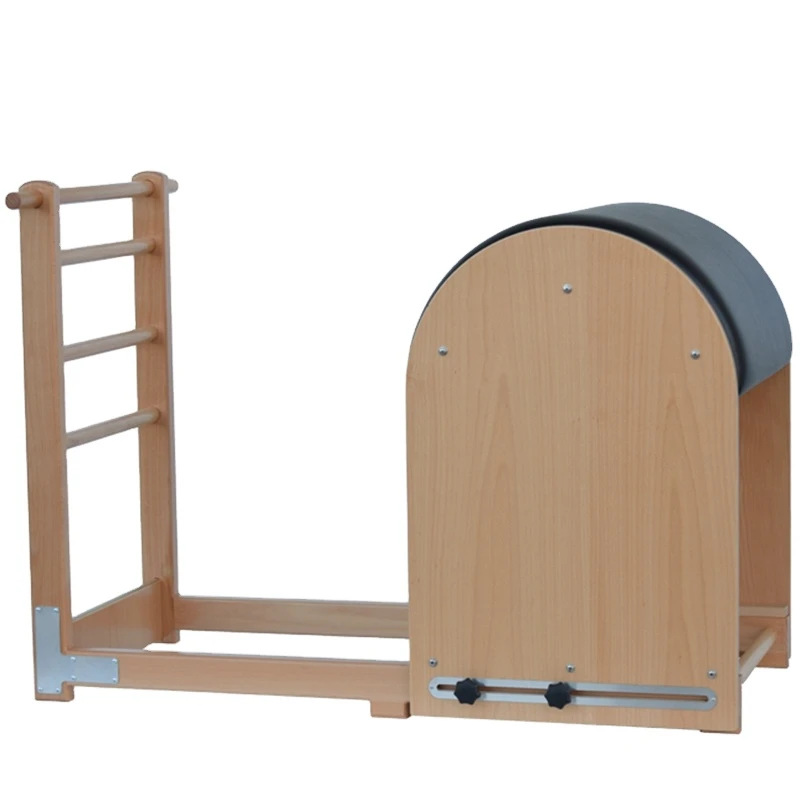
(yoga pilates)
FAQS on yoga pilates
以下是围绕核心关键词 [yoga pilates] 及相关衍生词的 5 组 FAQ,采用 HTML 富文本格式:Q: What distinguishes Yoga Pilates from traditional yoga?
A: Yoga Pilates blends yoga's flexibility with Pilates' core-strengthening techniques. It focuses on controlled movements and mindful breathing for balanced fitness. This hybrid enhances posture and muscle tone uniquely.
Q: What essential Yoga Pilates equipment do beginners need?
A: Key Yoga Pilates equipment includes resistance bands and foam rollers. A high-density yoga mat for Pilates is crucial for joint support during floor exercises. Optional props like Pilates rings or blocks refine alignment.
Q: How to choose the best yoga mat for Pilates?
A: Select a thick (6-8mm), non-slip yoga mat for Pilates cushioning. Eco-friendly TPE or natural rubber materials provide grip and durability. Ensure it's longer than standard mats (≥72") for full-body stretches.
Q: Can Yoga Pilates equipment aid injury recovery?
A: Yes, props like Pilates reformers and stability balls enable low-impact rehabilitation. Resistance bands help rebuild muscle without joint strain. Always consult a physiotherapist for tailored injury-safe routines.
Q: Why is breath control vital in Yoga Pilates practice?
A: Synchronized breathing oxygenates muscles during dynamic transitions. It activates the core in Pilates moves while maintaining yoga's meditative focus. Proper rhythm prevents strain and boosts mental clarity.
Latest news
-
Where to Buy Authentic Pilates Machines for SaleNewsAug.01,2025
-
The Ultimate Tool Of Pilates Step Barrel For Core Strength and FlexibilityNewsAug.01,2025
-
The Science Behind Studio Reformer WorkoutsNewsAug.01,2025
-
Pilates On Chair vs. Reformer: Which Fits Your StudioNewsAug.01,2025
-
Pilates Barrel Workouts for BeginnersNewsAug.01,2025
-
How the Foam Spine Corrector Revolutionizes PilatesNewsAug.01,2025
- Address
- Room 1601, 1302, Building A, Zijingguandi, Qiaodong District, Xingtai City, Hebei Province, China
- Sandra@raetin.com
- Phone
- +86 18231139331

